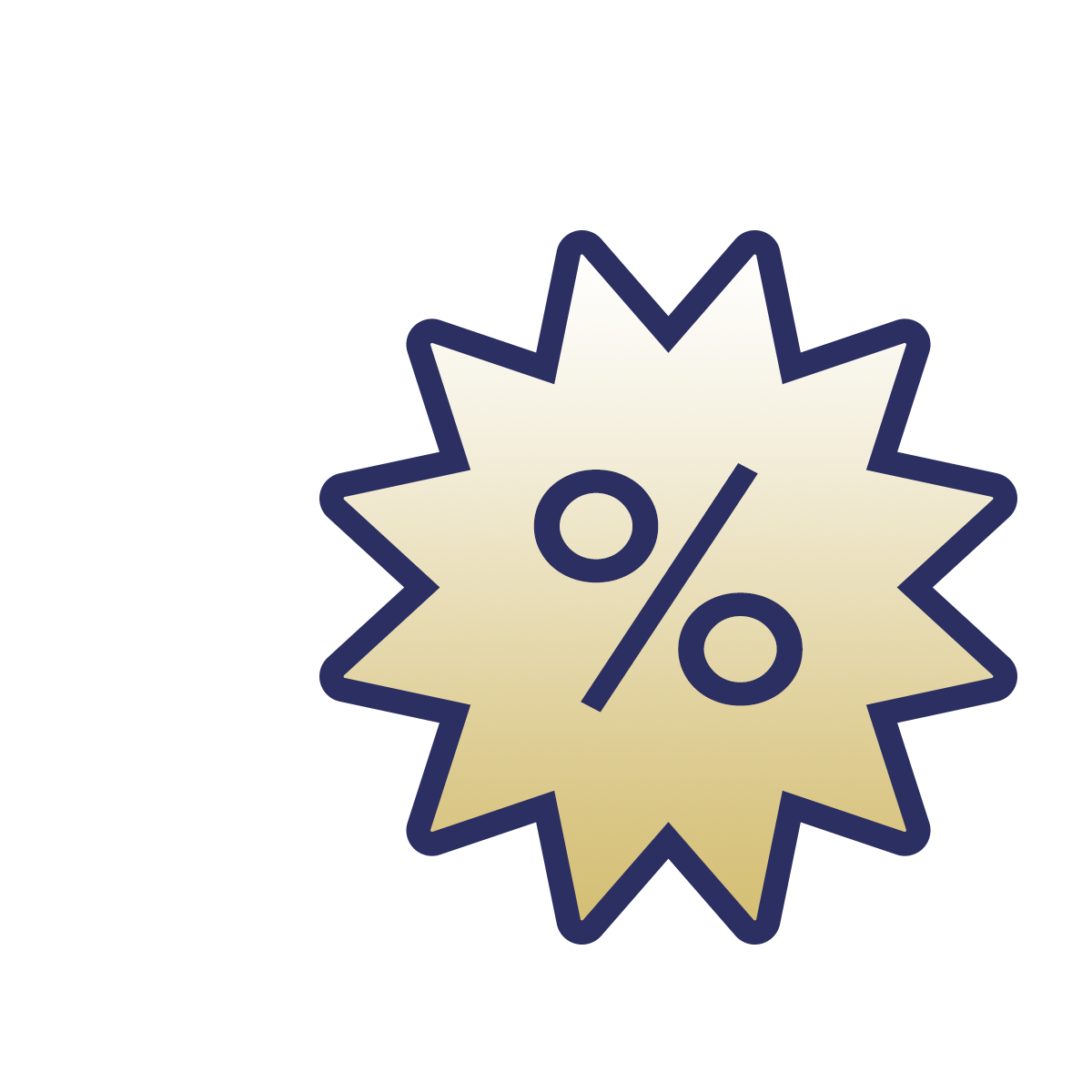A Slowdown in Economic output
The global economy currently faces supply-side pressures from the Covid-19 pandemic, rising inflation, high public spending and debt levels, and uncertainty about policy direction. Accordingly, GDP growth forecasts have been revised downwards by almost all IFIs, especially for advanced economies.
Rising interest rates to combat inflationary pressures
Interest rates are now at an all-time high, as Central Banks attempt to curb the never seen levels of inflation. Higher rates make borrowing more expensive and therefore may restrict private sector growth, resulting in a stagflation period, described by high cost-push inflation and deceleration in economic growth and activity. Higher borrowing costs will also threaten fiscal sustainability in emerging markets, as governments find it difficult to access international markets and raise debt to finance their deficits. Equity markets are also expected to sustain severe downward pressures as private sector expansion weakens.
High energy and commodity prices resulting from the Russia-Ukraine war
Higher demand and low supply levels are driving energy and commodity prices and as Russia suspends gas delivery to Europe, concerns about the security of energy supply are rising. This currently points to a need to shift from fossil fuels to renewable energy sources, reflected in the SDG goals and domestic green energy policies in various countries around the world.
Turbulent foreign exchange markets
The unprecedented strength of the dollar may prompt the BRICS and others to continue their efforts in developing a new world reserve currency to combat the dominance of the dollar, this will drive a major paradigm shift in FX markets and international trade.



